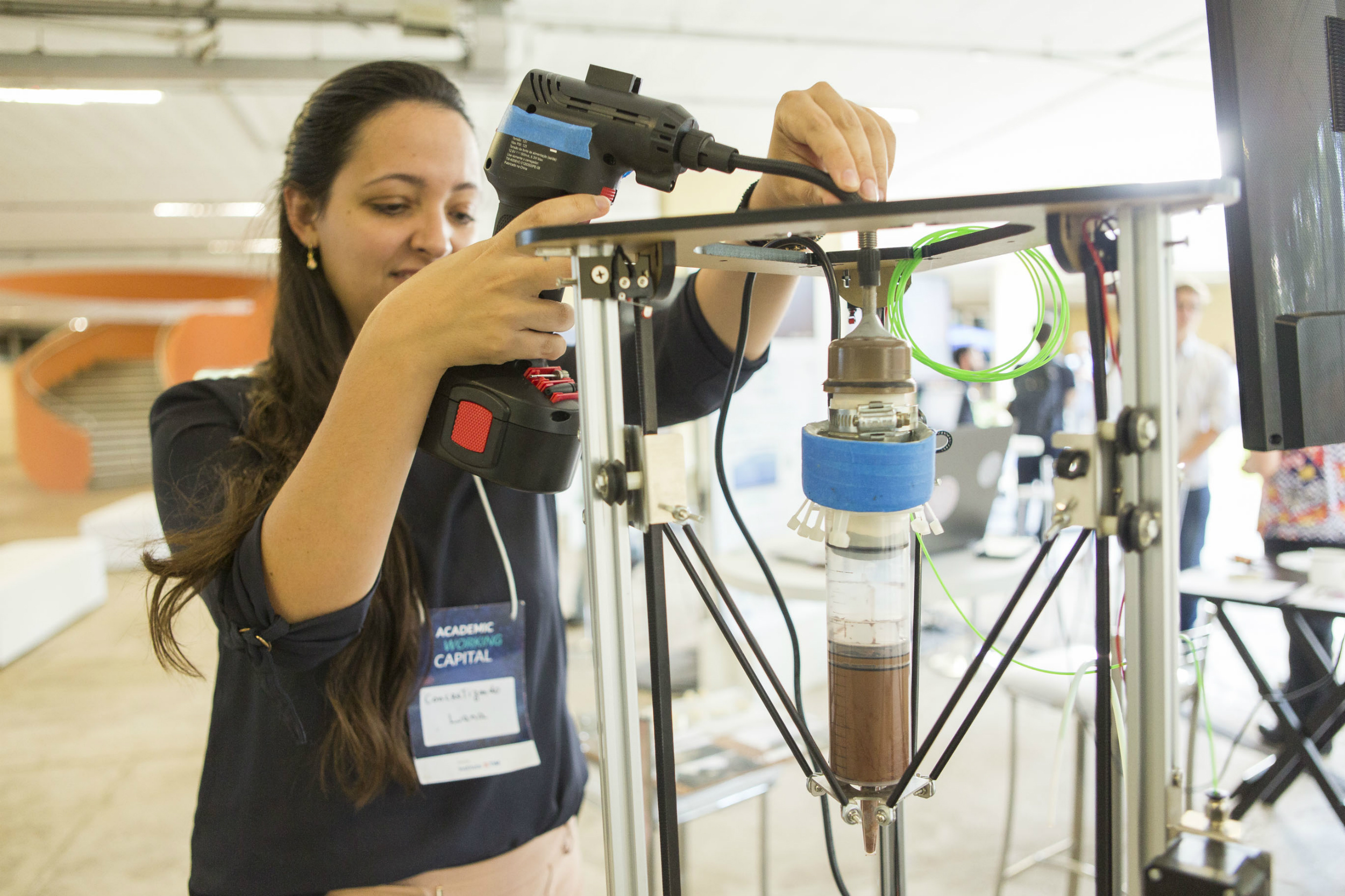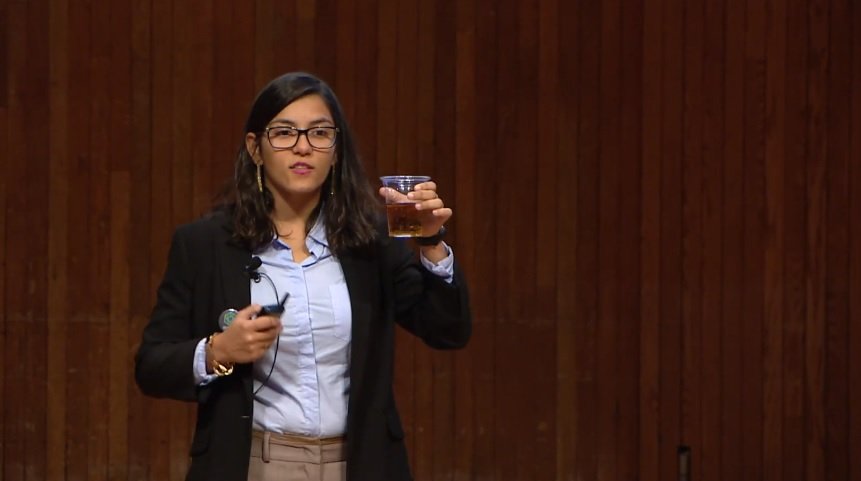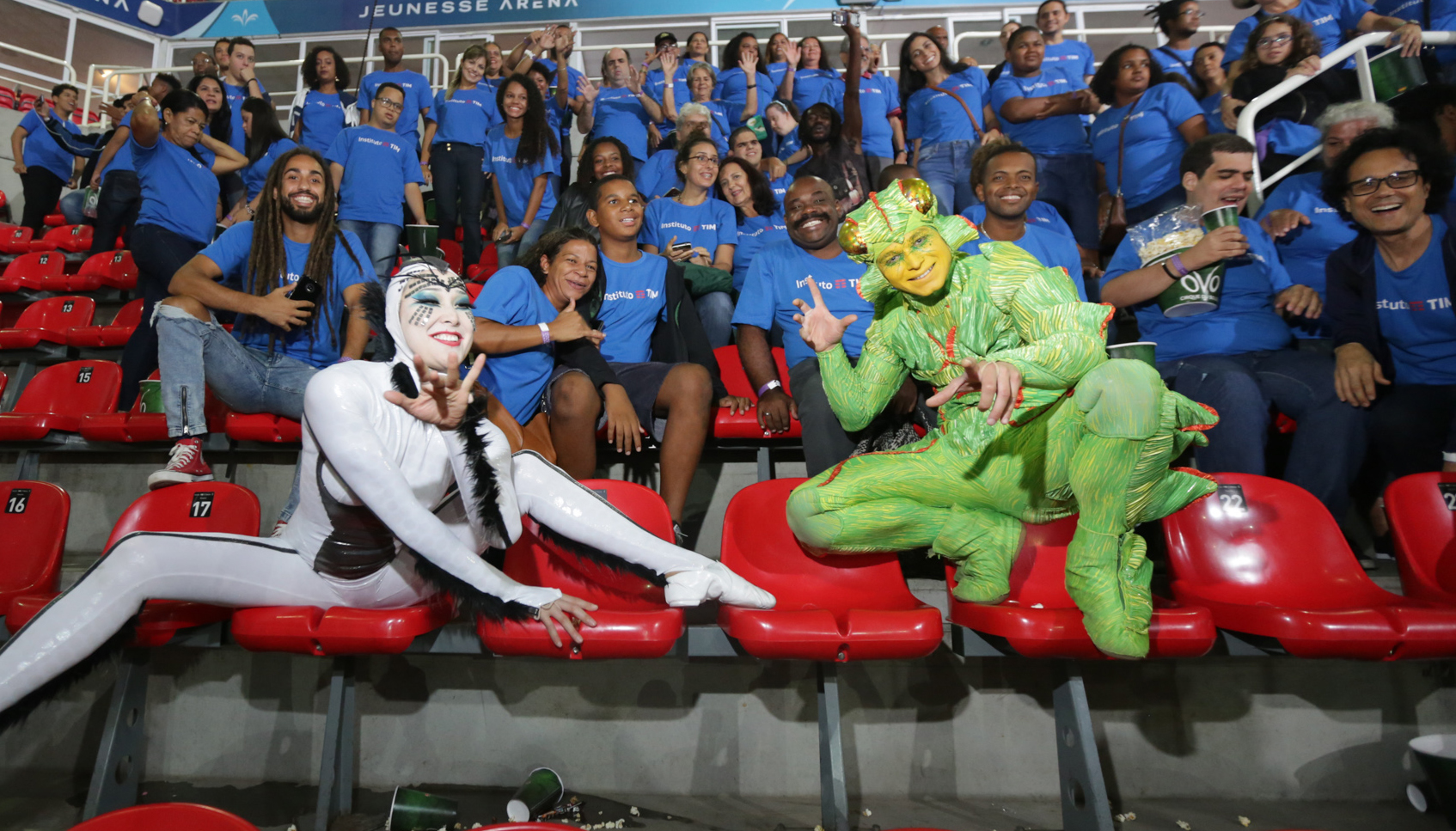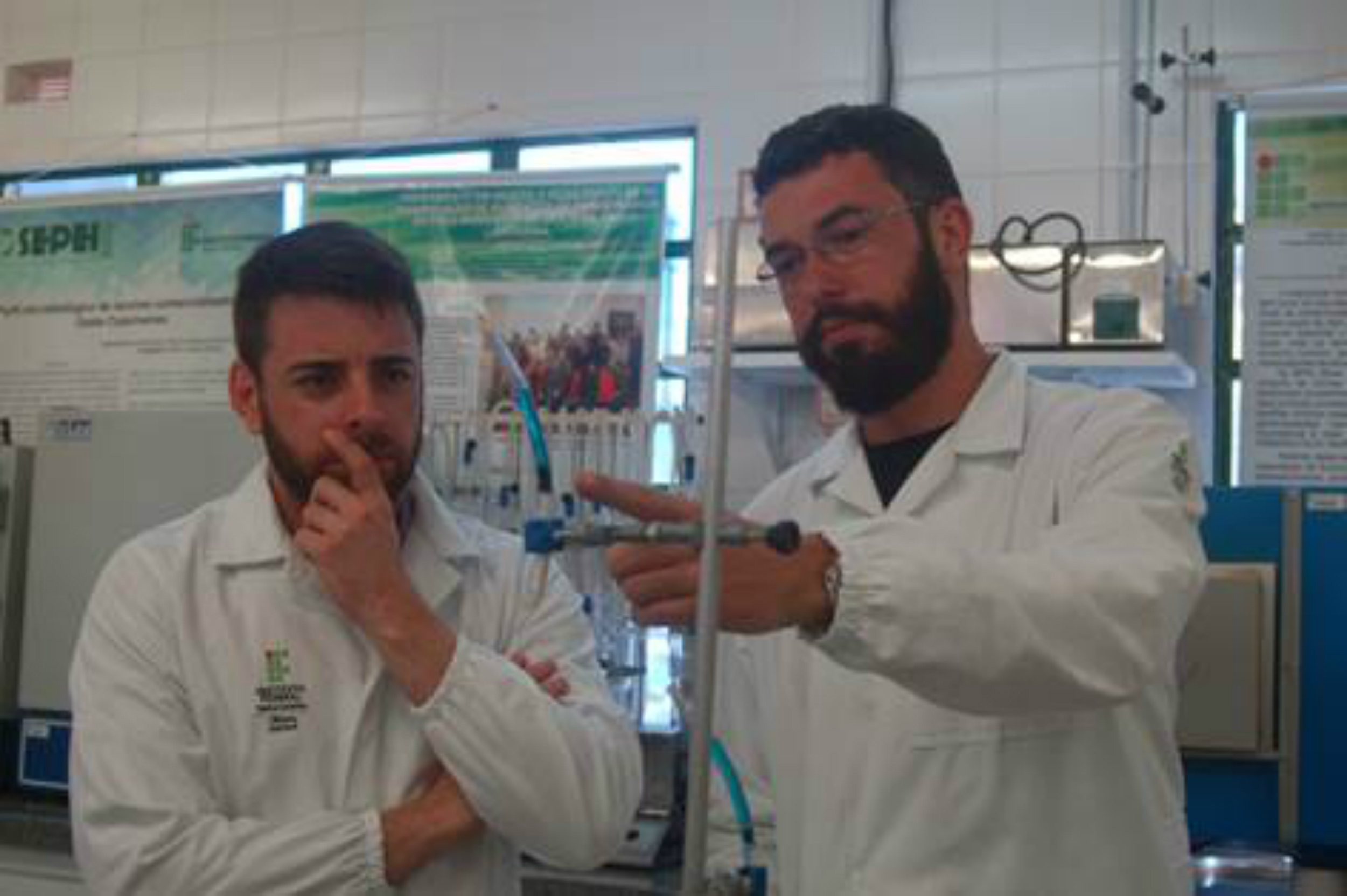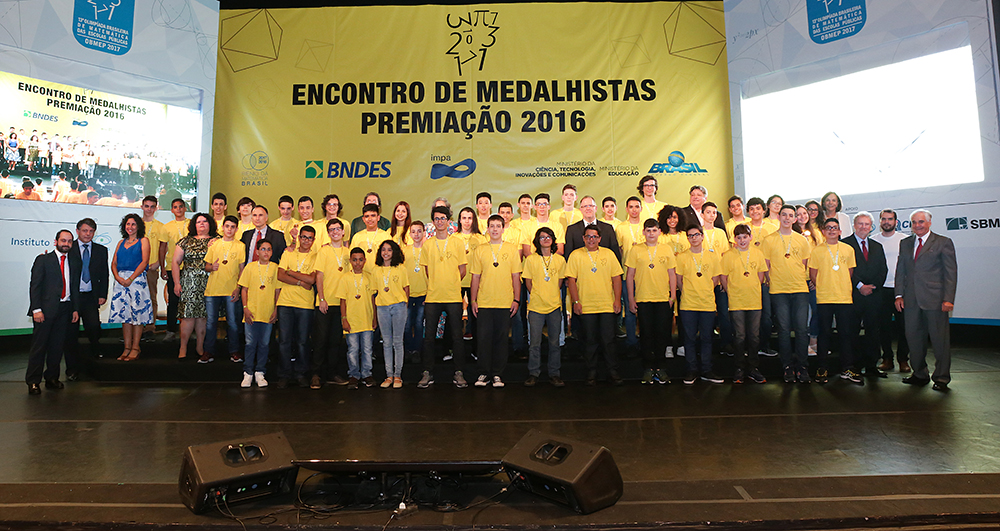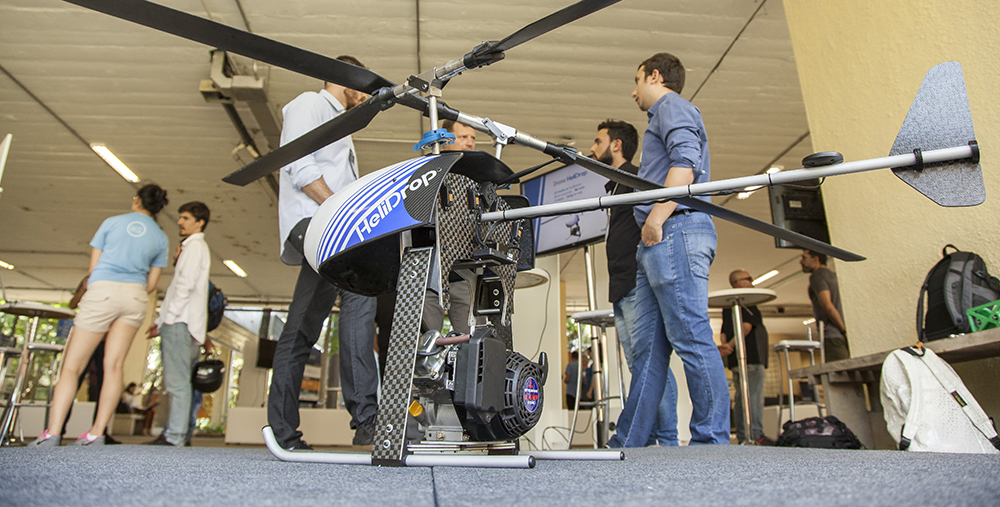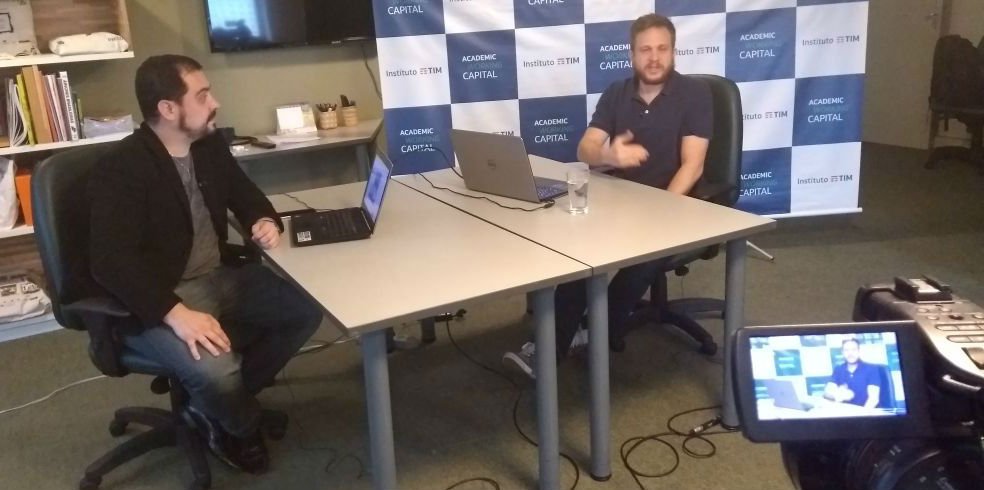
The second day of the Online Workshop II of Academic Working Capital 2017, held on October 7th, brought together the 25 groups to talk about “Backstage, operation and cost estimating.” The workshop included two lectures, a discussion panel and moments of presentation and update of the decks and worksheets among the groups. The opening was carried out by AWC content coordinator, Diogo Dutra, who stressed out the importance of keeping the focus on the purpose of your business to overcome the difficulties that come along the way.
Check out the first day of AWC 2017 On-line Workshop II
The lectures and the panel were mediated by Diogo and AWC academic coordinator, Marcos Barretto. The investor, entrepreneur and sales and marketing professional Bruno Neiva presented different strategies to define the price of a product. According to Bruno, analyzing the prices set by competitors is essential, but we cannot forget to look at the factors that may affect the customer’s willingness to pay for it: the benefits, convenience, supplier’s power, among others. “As you grow your market, by better understanding your consumer, your price can and should change,” he said.
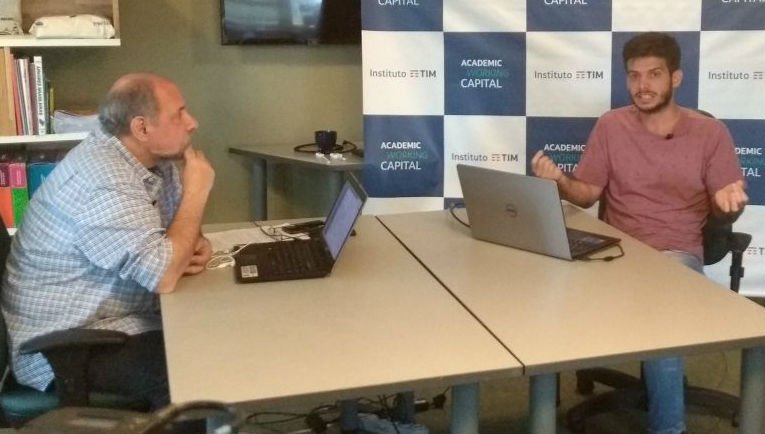
In the early afternoon, a discussion panel was held on the business backstage, with Karina Piva, head of Operations for the recruitment company Contratado; and João Macêdo, partner of E-sporte startup and participant of AWC 2016. Both of them shared key processes for the operation of their business, such as product manufacturing, supplier selection and team selection. A key point was the need to create and manage processes. “I will not necessarily create a bureaucracy, but I will guarantee that I’ve written everything I did and that worked out so that someone else can consult it or so new people can know that it has already been documented,” Karina said.
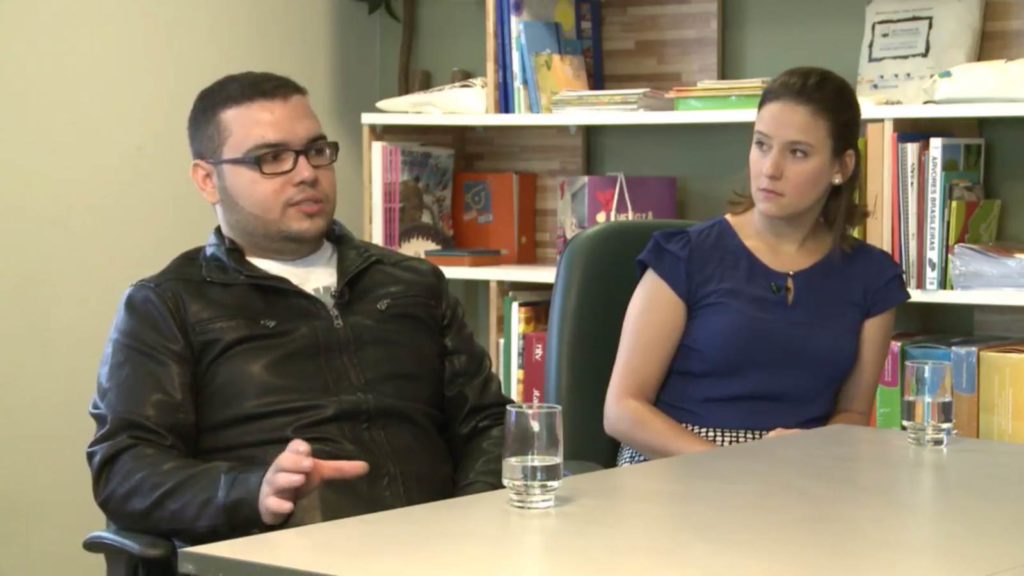
Guilherme Parente, one of the creators of the Apptite app, told the groups the trajectory of his business: a platform for ordering home-cooked meals from registered chefs and cooks. Guilherme and his partner started with a simple MVP, using Facebook, to conduct customer testing and to close their first sales. “I think you have to start the business by yourself, trying to find an opportunity, starting to sell it one way or another. After that, you will ask for money.” Now, with a year of operation, the company is looking for investments.
Diogo concluded the day by explaining what is expected from groups until the Investments Fair (December 13th): a business model, consolidated tests and data, operation and monetization strategies, a plan for the next six months and at least one paying customer.
































































































